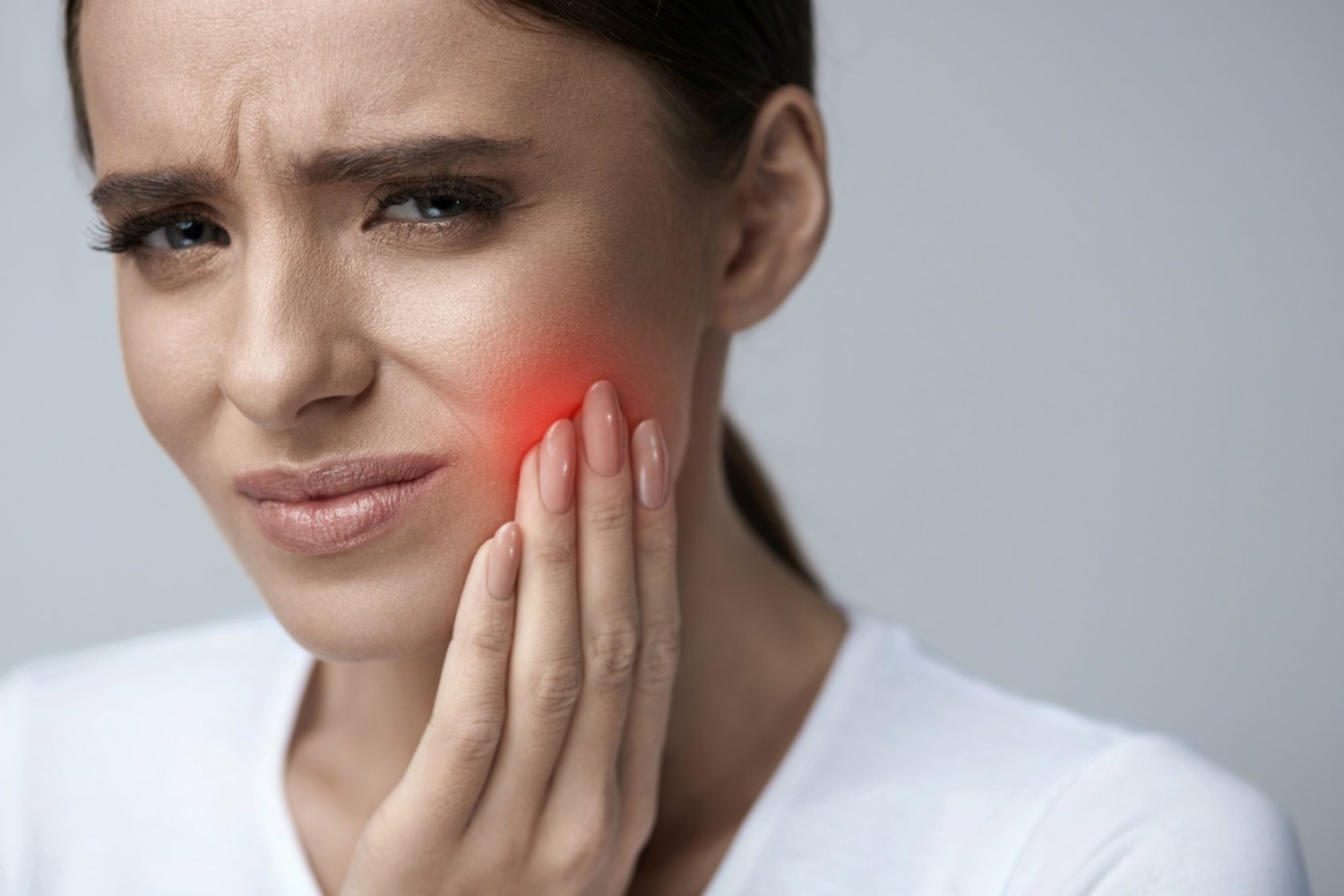If the use of certain foods, for example, cold or hot food and drinks, causes you discomfort, then most likely you suffer from hyperesthesia, or in other words, hypersensitivity of the teeth.
Attacks of pain can also provoke quite familiar actions, for example, brushing teeth or inhaling cold air through the mouth. This problem is quite common, so let’s figure out how to reduce sensitivity and get rid of discomfort.
Why does hypersensitivity of teeth occur?
One of the main reasons is a violation of the tooth enamel, which protects the internal tissues of the tooth from external influences, including temperature changes. The base of the tooth – dentin – contains microscopic tubules that lead to the nerve. And if the enamel is erased or thinned, then access to the dentine tubules and nerve endings opens. Then the tooth begins to react to the stimulus – to cold or hot, to sour or sweet. Especially those who have naturally too thin tooth enamel, but at the same time wide dentine tubules, suffer.

Causes of hypersensitivity of teeth
- Too intensive or frequent brushing of teeth
Overly rigid toothbrushes can aggravate the problem. Remember that everything is good in moderation: you do not need to brush your teeth more than twice a day or abuse professional oral hygiene. - Gum recession caused by periodontal diseases
If the gum decreases, the root of the tooth is exposed, which does not have a protective enamel and will be very sensitive to temperature changes. - Bruxism
It’s simple – if you have a bad habit of gnashing your teeth, over time the enamel will wear off, which will lead to the exposure of dentin. - Diseases of the nervous and endocrine systems
If there are no external causes, check with an endocrinologist and a neurologist, perhaps you have health problems that lead to thinning of the enamel. - Hormonal problems, pregnancy and menopause
A change in the hormonal background can lead to a violation of mineral metabolism, which will negatively affect the quality of enamel.
How to avoid discomfort with high sensitivity of teeth?
Try to use a soft toothbrush, do not put too much pressure on your teeth when brushing and pick up a special paste for sensitive teeth. Try to brush your teeth with vertical movements, from the gums to the edge, because if you brush your teeth horizontally, the enamel is erased faster.
Avoid excessive consumption of sweet and sour foods, do not eat or drink hot immediately after cold, and vice versa. Do not forget to take care of your teeth carefully, treat caries and gum diseases in time, if they occur, and be sure to tell your dentist about the problem of hypersensitivity – he will choose the right treatment.
Methods of treatment of hypersensitivity of teeth
First of all, it is important to strengthen the enamel so that it performs its protective functions to the fullest. To do this, we recommend undergoing a procedure of remineralizing therapy and deep preventive fluoridation, which is able to strengthen the enamel 10 times. Also, fluoridation will help reduce the likelihood of caries and enrich the enamel with useful elements.
If the cause of hypersensitivity of the teeth is bruxism, then you can ask the dentist to pick up a special mouth guard to prevent teeth grinding at night.




